By Daily Sports Nigeria on April 8, 2022
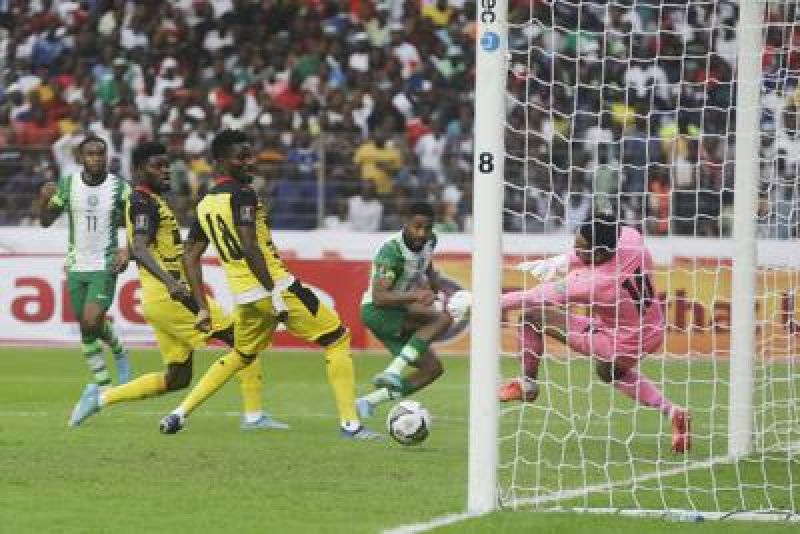
Nigeria’s loss beyond participating in Qatar 2022 World Cup
Tuesday, March 29, was a sad day for many Nigerian football lovers. It was a day Ghana, like Tunisia in 1977, came to Nigeria to shatter the Super Eagles’ dream of qualifying for Qatar 2022 World Cup.
Like the setting at the National Stadium, Lagos in 1977, Nigeria needed to beat Ghana by any margin to join the Qatar 2022 train. The Super Eagles had four days earlier held the Black Stars to a goalless draw in Kumasi. So, all they had to do was beat the same team on home ground to fly to Qatar.
In 1977, Nigeria drew with Tunisia in Tunis and, against all expectations a fortnight later, the Green Eagles lost 0-1 in Sports City, courtesy of an own goal by a defender, Godwin Odiye.
However, unlike the scenario in 1977 when the national team had some of the best players in Africa and, therefore, was naturally expected to beat Tunisia, the current Super Eagles, under an indigenous coach, Augustine Eguavoen, showed at Cameroun 2022 Africa Cup of Nations that preceded the last Qatar 2022 qualifying round, that they lacked the quality to beat any well-drilled team, even if the players are of lower quality than Nigeria’s.
At the Cameroun 2022 Africa Cup of Nations, Nigeria lost at the first meeting with a ‘well-coached’ team, Tunisia. Super Eagles fans commended the team when they defeated Egypt, Guinea Bissau and Sudan and failed to see the deficiencies in the team until Tunisia happened.
Even then, some football analysts warned that Nigeria would find it difficult to qualify for the World Cup if something drastic was not done on the coaching crew. To bolster the team, the Nigeria Football Federation (NFF) brought in Emmanuel Amuneke to assist Eguavoen. But, according to some analysts, the games against Ghana have shown that adding Amuneke to the team was not the answer.
Nigeria, in the game against Ghana, showed that it needed much more than the tweak in technical crew and promise of big financial reward to the players to qualify for the Qatar World Cup.
The team was simply not good enough and the authorities, including the Nigeria Football Federation (NFF) and the Ministry of Youth and Sports Development contributed immensely to the sorry sight that befell Nigeria in Abuja on March 29.
First, the NFF was not decisive in dealing with the issue of the technical crew after sacking Super Eagles’ longstanding coach, Gernot Rohr. Rather than employ a quality coach to take over the team after Rohr’s sack, the federation settled for its technical director, Augustine Eguavoen, who many followers of the Nigerian game swear is not the brightest gaffer in the sport.
Although the NFF had announced the appointment of Portuguese, Jose Poseiro, as Rohr’s replacement, it inexplicably empowered Eguavoen to take the Eagles to the Cameroun 2021 Africa Cup of Nations, saying that Poseiro would take over after the Nations Cup.
But, when Nigeria fell to Tunisia in the second round of Cameroun 2021, rather than handing over the reins to the Portuguese, the federation strangely stuck with Eguavoen.
Reports said the NFF was under pressure to continue with an indigenous coach after Rohr’s five years in charge; hence it didn’t concretise its deal with Poseiro.
Tunisia exposed Eguavoen and his deficiencies and Ghana capitalised on these deficiencies to take the Qatar 2022 ticket from Nigeria.
At the end of the day, the country not only lost the opportunity to play among the best teams at the World Cup, it also missed the financial largesse that comes with the Copa Mundial.
The Losses
FOR starters, Nigeria missed out on $1.5 million each qualified team will get to prepare for the tournament. The eventual winner of the trophy will take home $42 million, while the runners-up and third-place teams pocket $30 million and $27 million respectively. The fourth-place nation will go home with $25 million, fifth to eighth places will receive $17 million, while $13 million will go to ninth to the 16th placed teams.
Interestingly, the 17th to 32nd placed countries will not go empty-handed, as they will get $9m. For a country hard-pressed for forex like Nigeria, these are no small earnings.
These are aside from the sponsorship money and other revenues, including branding and kit sales the NFF would have earned because of the country’s qualification for the World Cup.
The monetary gains other businesses and individuals attached to the country’s football would have made have also been lost to Super Eagles’ failure to make the cut to Qatar.
So, what went wrong?
SPORTS analyst, Chris Oguguo, said Nigeria had no business losing the ticket to a poor Ghanaian team, adding, that the Eagles were victims of bad management.
These are aside from the sponsorship money and other revenues, including branding and kit sales the NFF would have earned because of the country’s qualification for the World Cup.
The monetary gains other businesses and individuals attached to the country’s football would have made have also been lost to Super Eagles’ failure to make the cut to Qatar.
“It was a game that we needed to win to qualify for Qatar and we failed to do that. We didn’t play well.
“I remember that after the first leg in Kumasi, I said it was a very bad result and all Ghana needed to do in Nigeria was score. If we had played a 1-1 draw in Kumasi, it would have been better.
“But there are bigger issues outside Nigeria’s inability to qualify for the world Cup. If these issues are not tackled, we will continue to have results like the one against Ghana. The Super Eagles’ current problem is a combination of bad administration and technical inefficiency.”
He said most football fans only see what happens on the pitch, adding, “but there are bigger issues that affect all of that.”
Oguguo said the Eagles started falling apart the moment Gernot Rohr was sacked and no adequate replacement was made by the NFF. “I have no problem with Rohr’s sack, but the timing was a problem. It was done three weeks before AFCON, which was a very poor decision.
“Sacking a coach, who had been with the team for the past five years on the eve of such a big competition didn’t make any meaning.
“What happened with Poseiro showed they never had an agreement with the Portuguese. We celebrated what Mourinho and Wenger said about the man, but at the end we were left with Eguavoen,” he lamented.
He argued that Eguavoen showed in his past assignments for Nigeria, from 2001 to 2022, that he doesn’t have what it takes to coach a country like Nigeria. Because they did not have the plan as they tried to make us believe, they, therefore, settled for Eguavoen.”
“What happened with Poseiro showed they never had an agreement with the Portuguese. We celebrated what Mourinho and Wenger said about the man, but at the end we were left with Eguavoen,” he lamented.
He argued that Eguavoen showed in his past assignments for Nigeria, from 2001 to 2022, that he doesn’t have what it takes to coach a country like Nigeria. Because they did not have the plan as they tried to make us believe, they, therefore, settled for Eguavoen.”
Oguguo, who is also a journalist, said there were other micro issues that spelt trouble for the country.
“The players are being owed to the extent that Leon Balogun had to speak about it just before the Africa Cup of Nations. And this is a big surprise because the NFF has been Nigeria’s most commercially successful team, yet, everybody is being owed. Where is all the money going to?
“We know that the Federal Government, through the sports ministry, bankrolled everything, including providing the venue, security and transportation for the home matches.
“The NFF has several endorsements that are worth more than N50 million each. And then you ask, where is the money from the 2018 World Cup? Where is the subvention from the Federal Government? These are some of the issues that must be tackled before the country starts thinking of a successful football culture,” he suggested.
Super Eagles Former Captain, Daniel Amokachi, blamed the country’s failure on the obsession of the NFF with ‘players rejected’ by other countries.
Speaking on a SuperSport programme, Amokachi advised the NFF to return to developmental structures that saw the national team reach great heights.
He questioned the rationale in luring players rejected by other countries to play for Nigeria instead of embarking on grassroots development programmes to raise stars from within the country.
He said, “Quality-wise, we can’t take it away from Nigeria. Every day Nigeria sees one immigrant player, who will come up to tell us that he turned down his country of birth because he wants to play for Nigeria.
“This is happening even when their country of birth never looked for them. They won’t even make their birth nations’ squads.”
He said the country would be better served by investments in grassroots football, which would give the large population of the country’s young men and women the opportunity to hone their skills.
“We are lamenting this failure to Ghana, but we should know that if these overseas-born players were that good, their country of birth would not have allowed them to play for Nigeria.”
To football pundit, Sabinus Ikewuaku, Nigeria’s failure to qualify for the World Cup mirrors the failure of the country’s system.
Ikewuaku, who argued that Coach Eguavoen should not be singled out for criticism, said the system that brought him to the job should be blamed.
He said: “The system that ensured that Eguavoen rose to become a technical director to such an extent that he was the only one to run to when the country was at a crossroad must be re-examined. I am saying this because we have known his pedigree for a long time.
“There are so many football traders in the NFF. These are academy owners, players’ agents and representatives of diverse interests, who always ensure that they serve extraneous interests rather than national interests.
“That is why some players, who have no business in the Super Eagles are always called to camp.
“There should be a complete overhaul of the Super Eagles structure. Yes, they have sacked the coaches, but there are others that have become clogs in the wheel of progress. Some of these officials are so established in the Super Eagles’ set-up that players must reckon with them if they want to succeed in camp.
“We hear of so many fun things going on in that federation that you cannot help but pity Pinnick for all he has to wade through. But still, the buck stops on his desk.”
Explaining how a ‘weaker’ but well managed Ghana defeated Nigeria to pick the World Cup ticket, former Nigerian Captain, Segun Odegbami, said the Black Stars “went back to their simple, old, tried and tested system that every Nigerian coach worth his salt should know now. No other team plays Nigeria that same way.”
Although he acknowledged that Nigeria was poor, he added that the “Ghanaians were worse in every department except team tactics……they have ‘Mother luck’ to thank for their trip to Qatar.”
According to Odegbami, those responsible for Nigeria’s failure must be made to pay for the country’s collective pain and humiliation.
Like Amokachi, Odegbami also blamed Nigeria’s reliance on overseas-born players, who have no roots in the country’s football culture.
He said the incompleteness of the Nigerian players, whose football roots are anchored in Europe where the pitches are excellent, and with plenty of space to play against more technical, rather than physical, defenders, was exposed by the Black Stars.
“A chunk of the Nigerian players were simply not complete enough in their training and experience of African football to be able to cope well with only a three-day training session before a crucial match such as the last qualifying match of the World Cup.
“Even if Nigeria had brought the best coach in the world to handle the same players, it would make a little difference,” he added.
Odegbami listed the losers in Nigeria’s failure to make the World Cup cut to include “many whose livelihood is tied to the fortunes of Nigeria’s national football teams.
“You find them in the commerce around Nigerian football grounds and clubs. They are the agents, the coaches, the scouts, the club owners, the traders, the caterers, the hoteliers, the travel agents, the security agents, the transporters, the owners of bars and lounges, the publishers, the patrons of the viewing centres (over four million of them all over the country), the gaming and betting shop owners, the football players, owners of academies, merchandisers, manufacturers of sports equipment and gears, and so on, a whole planet of people directly and indirectly involved in the football business.
“They are all counting their losses, reeling in pain and baying for blood,” Odegbami pointed out.
Way Forward
FORMER Super Eagles’ Coordinator, Sumonu Bello-Osagie, described Nigeria’s failure to qualify for the World Cup as a national embarrassment, which, however, is also a blessing in disguise.
He said the failure has given the country the opportunity to look back, reflect and recall the strategies that gave Nigeria great results from the 1970s up to the 1990s.
According Bello-Osagie, the Clemens Westerhof era showed that Super Eagles could become a great international team if Nigeria learns from the lessons of the defeat by Ghana.
He explained: “We had a great coach in Westerhof, who stayed in Nigeria and was constantly going around to watch Nigerian league games and spot talented stars.
“That was how he discovered Finidi George, Daniel Amokachi, Kanu Nwankwo and others who were household names in those days.
“All the goalkeepers played in the Nigerian league, which, in those days, was as interesting as the English Premiership.
“Now, one is tempted top ask: “What has happened to Nigerian League and its management by the NFF?
“They have to find how to build a strong league, which can throw up new talents in a country of almost 200 million people. I can say without any fear of contradiction that the likes of Okocha, Kanu, Amokachi and Amuneke, among others, were able to excel in Europe because they played in the local League before going abroad. A masquerade must dance at home before he goes outside.
“Now, we just want an easy way out by recruiting players that are already established in Europe. A local man or a local boy will become an international tomorrow…. it depends on how you groom that person.
“I said earlier that it is a blessing in disguise because it has given us opportunity to reassess our football development strategy. Nigeria can easily produce two or three strong national teams because of the talents we have in our country. It is important for us to go back to our normal winning pattern, which helped us in the past.”
Bello-Osagie also advocates a clean sweep in the NFF executive committee, saying “the officials should do us a favour by leaving so that we can start from scratch.”
According to him, “The system that sacrifices the coaches and some players can no longer suffice because that is not how to rebuild. You rebuild from the top to the bottom.
“It is unfortunate that most of the players we have today don’t know the history of Nigerian football. If they knew what it takes to wear the green white green shirt, I am sure they won’t have played nonchalantly as they did against Ghana.”
He said, going forward, the country has to rebuild the national league, adding, “whoever will take charge of the NFF should try as much as possible to develop strong synergy with officials of the league to avoid this kind of embarrassment again.
“Finally, let me use this opportunity to commend the present minister of sports for renovating the Abuja National Stadium. I was there when the stadium was opened in 2003, I saw how it came down to zero in terms of looks and how it was renovated recently.
“I want to commend the minister for ensuring that the stadium was upgraded. But, I want to appeal to my fellow Nigerians to resist the temptation to destroy our facilities.
“The destruction of the Abuja Stadium facility was unnecessary, no matter the anger and provocation. Our economy is falling… just look at how we had to look for money from somewhere else to fix these things. Why must we take our anger out on spectators’ stands, on the goalposts, on the sign boards… destroying everything in the stadium?”
Source The Guardian Nigeria
Posted April 8, 2022
You may also like...
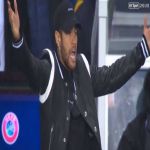
Neymar Penalty Comments Investigated by Uefa

FG Spits Fire, Warns Sports Federations

2022 World Cup: FIFA 'in contact' with Qatar...
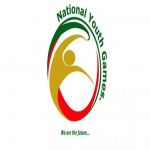
NYG: Anambra Rakes Wins Gold, Silver Medals
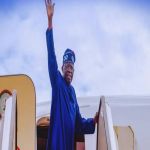
WCQ: Keep hope alive, Tinubu urges Super Eagles...
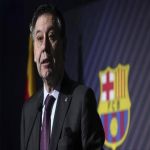
Bartomeu Hints at Barcelona Clear-Out

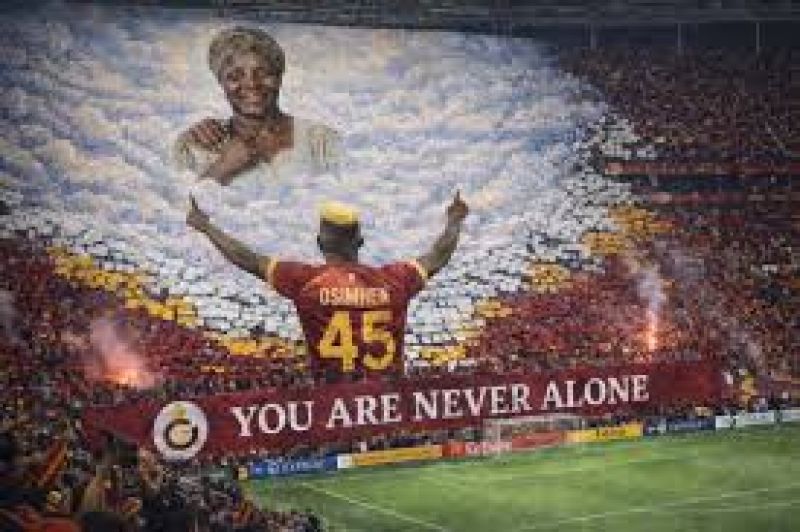 Gala fans to honour Osimhen’s late mother
Gala fans to honour Osimhen’s late mother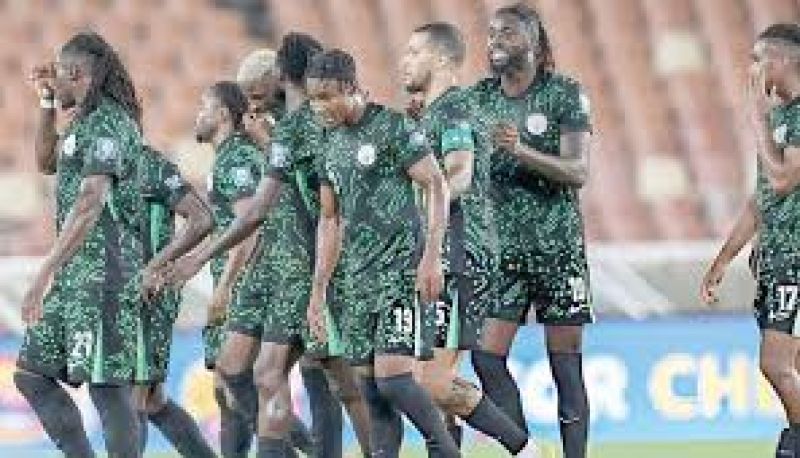 Eagles to play Iran, Jordan in four-nation tourney
Eagles to play Iran, Jordan in four-nation tourney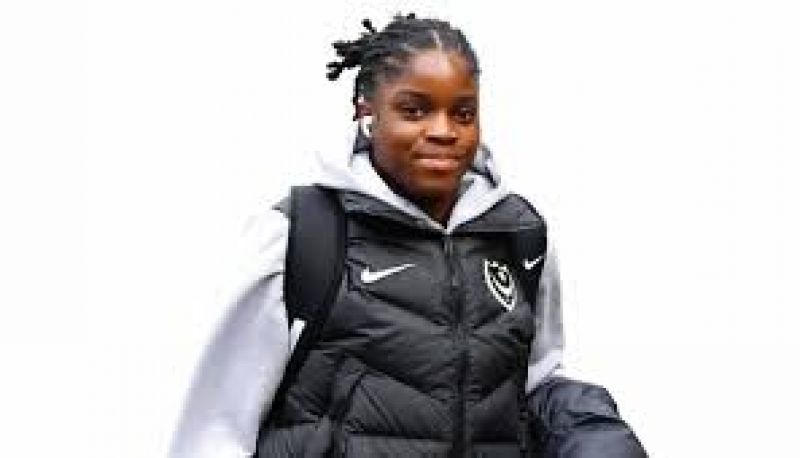 First Falcons call-up thrills Erhabor
First Falcons call-up thrills Erhabor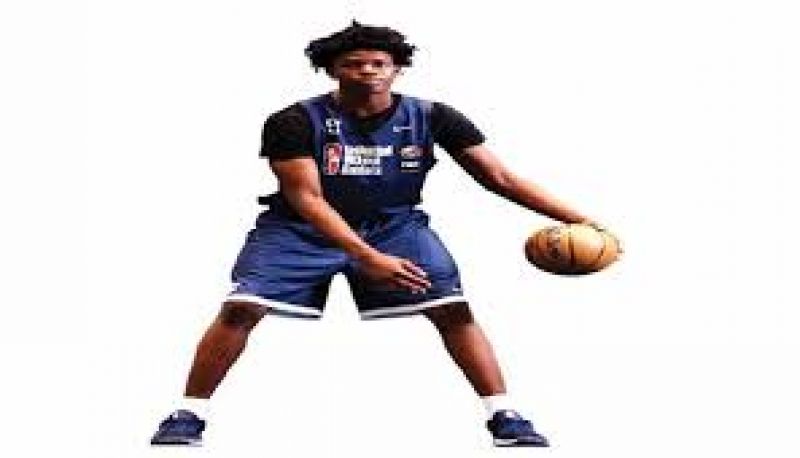 Ekezie junior claims Defensive MVP award at All-Star camp
Ekezie junior claims Defensive MVP award at All-Star camp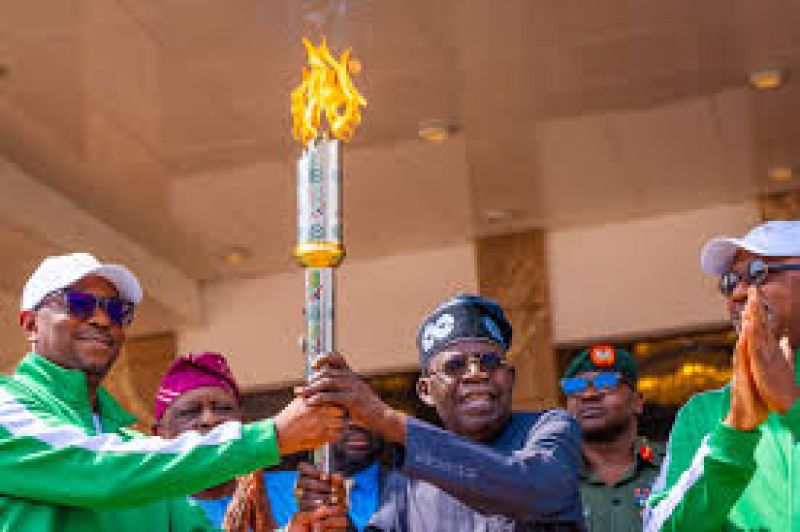 Niger-Delta Games: Sports, instrument of unity, empowerment — Tinubu
Niger-Delta Games: Sports, instrument of unity, empowerment — Tinubu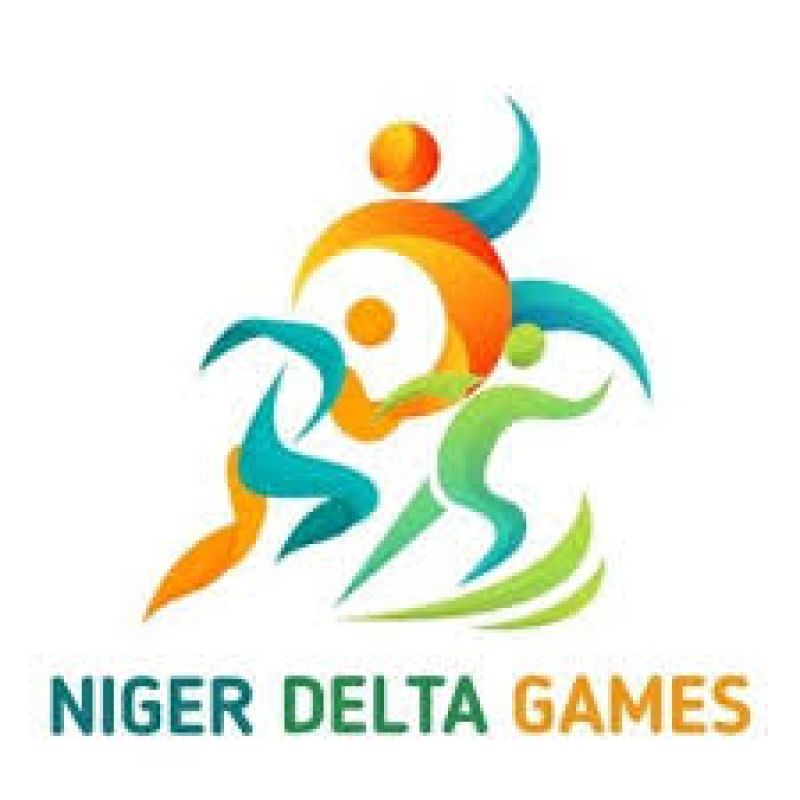 Draws hold as Niger Delta Games begin Friday
Draws hold as Niger Delta Games begin Friday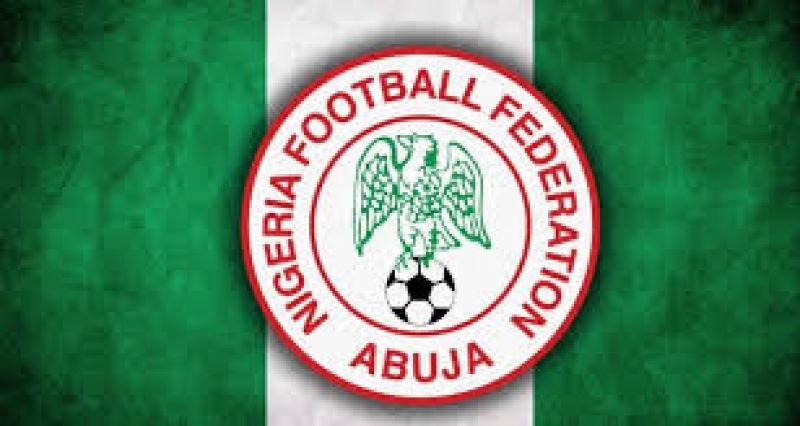 NFF to review Chelle’s $130k request, other demands
NFF to review Chelle’s $130k request, other demands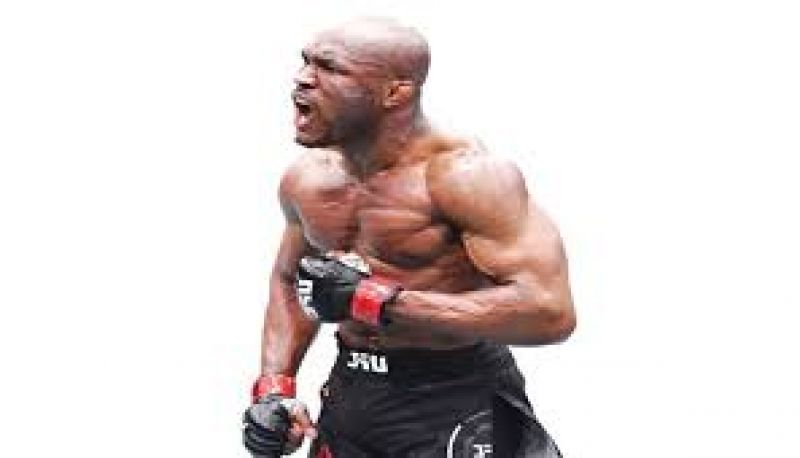 Usman to retire after becoming two-division champ
Usman to retire after becoming two-division champ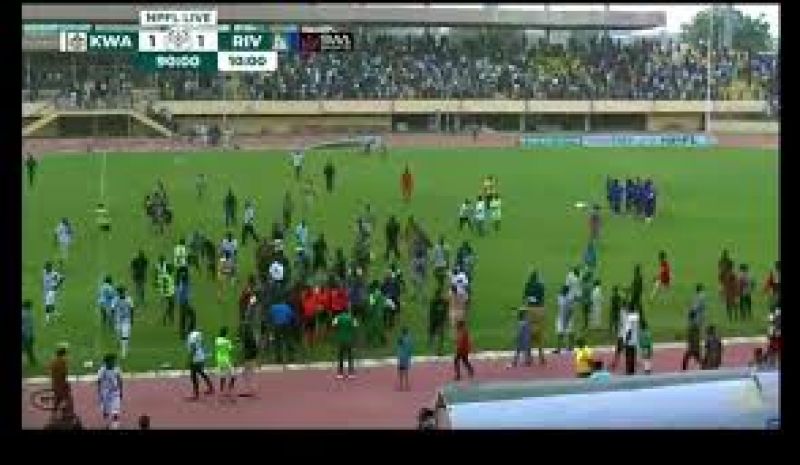 NPFL: Kwara United slams post-match violence after Rivers United clash
NPFL: Kwara United slams post-match violence after Rivers United clash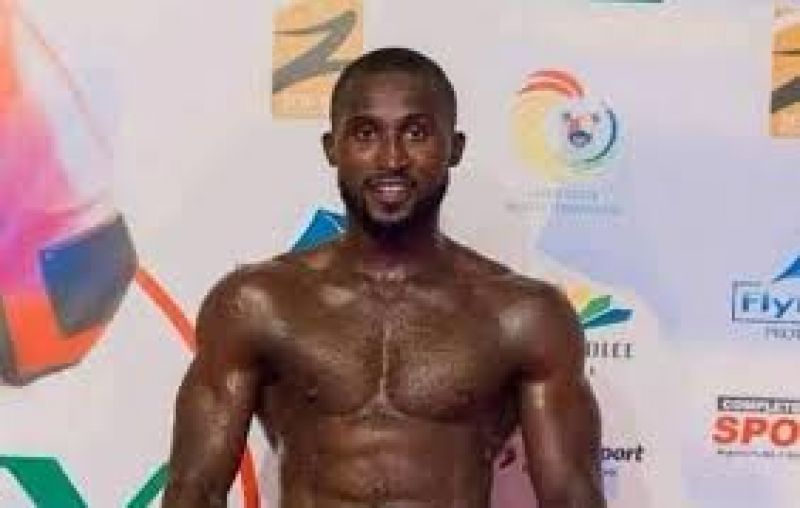 Widow, late Nigerian boxer’s family clash over estate
Widow, late Nigerian boxer’s family clash over estate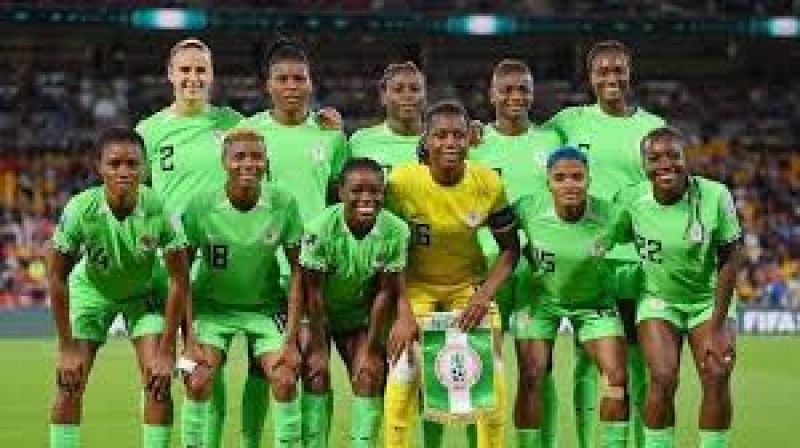 Falcons recall Okobi-Okeoghene, Monday for Cameroon friendlies
Falcons recall Okobi-Okeoghene, Monday for Cameroon friendlies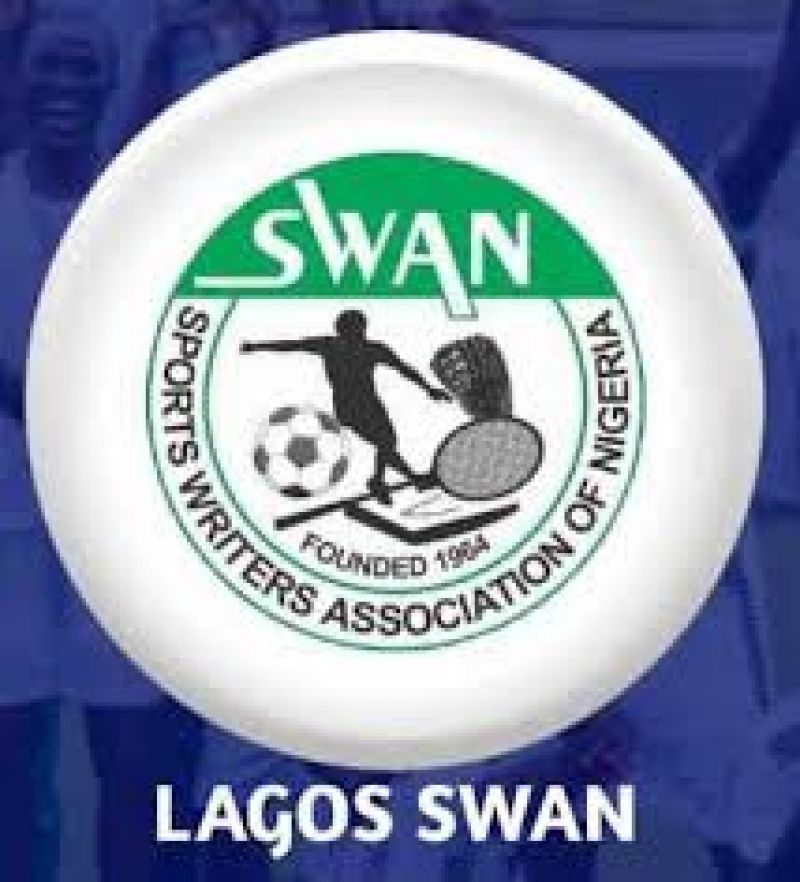 Lagos SWAN Chairman, Amb. Olatutu Oladunni, and EXCO Members Extend Ramadan and Lenten Greetings to Muslim and Christian Faithful Across Lagos
Lagos SWAN Chairman, Amb. Olatutu Oladunni, and EXCO Members Extend Ramadan and Lenten Greetings to Muslim and Christian Faithful Across Lagos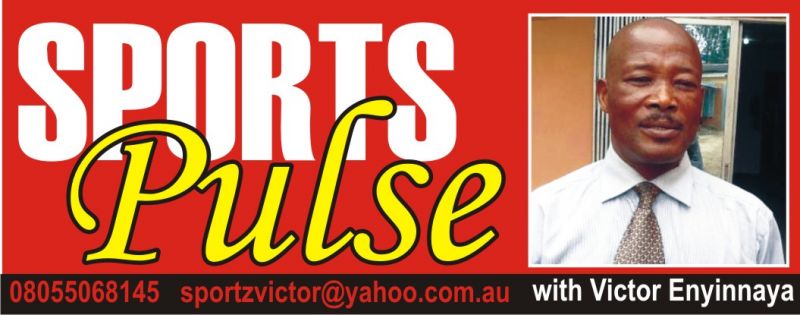 Rangers International going, going . . . (63,572 views)
Rangers International going, going . . . (63,572 views)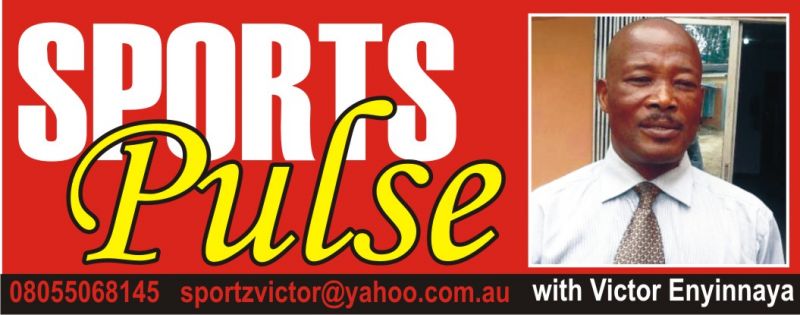 Amaju Pinnick: A cat with nine lives (54,880 views)
Amaju Pinnick: A cat with nine lives (54,880 views)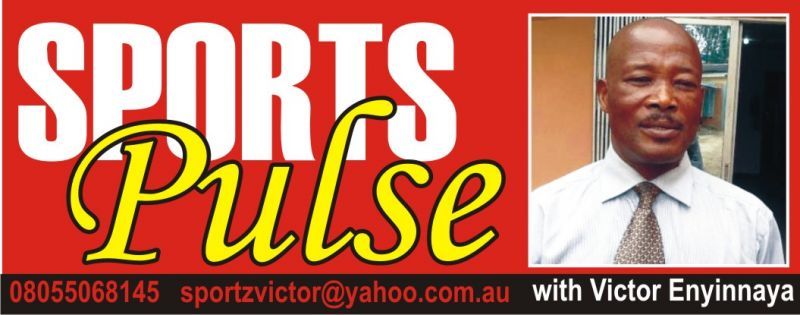 Second Term: Amaju Pinnick, Other NFF Heavyweights Home to Roost •How Pinnick Broke the Jinx (52,788 views)
Second Term: Amaju Pinnick, Other NFF Heavyweights Home to Roost •How Pinnick Broke the Jinx (52,788 views)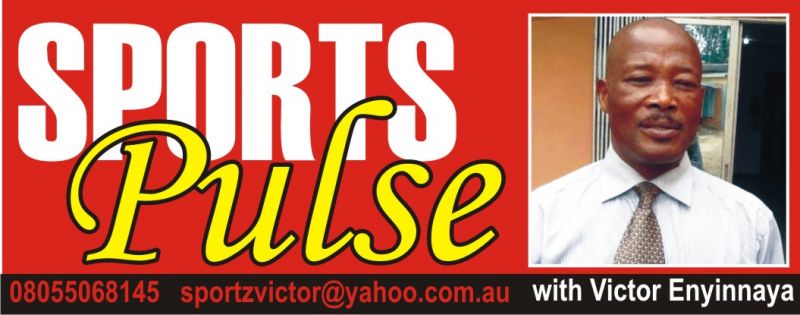 Current issues in Nigerian sports: Matters arising (52,425 views)
Current issues in Nigerian sports: Matters arising (52,425 views)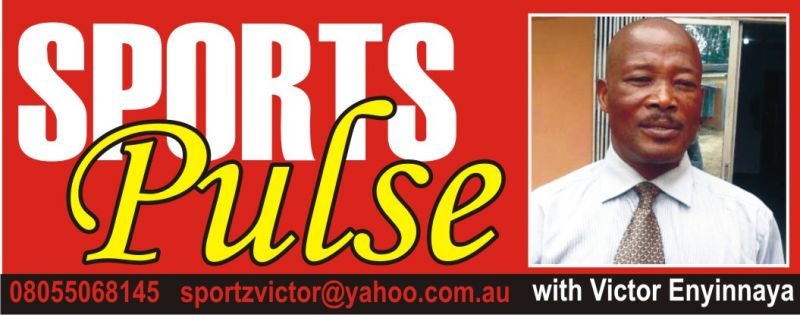 Sports Development: Zenith Bank on the zenith (52,337 views)
Sports Development: Zenith Bank on the zenith (52,337 views)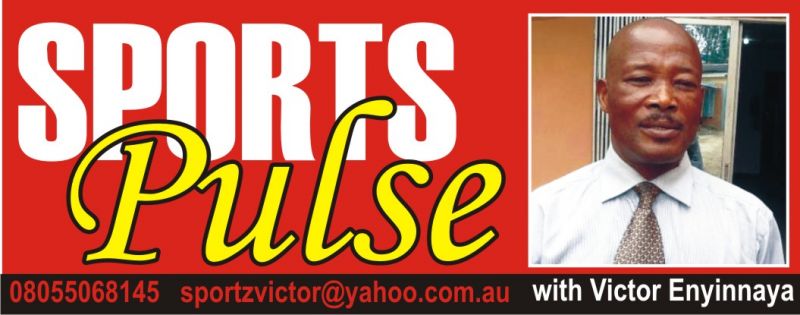 Missing $150,000 IAAF Grant: Solomon Dalung’s Hide and Seek game (52,258 views)
Missing $150,000 IAAF Grant: Solomon Dalung’s Hide and Seek game (52,258 views)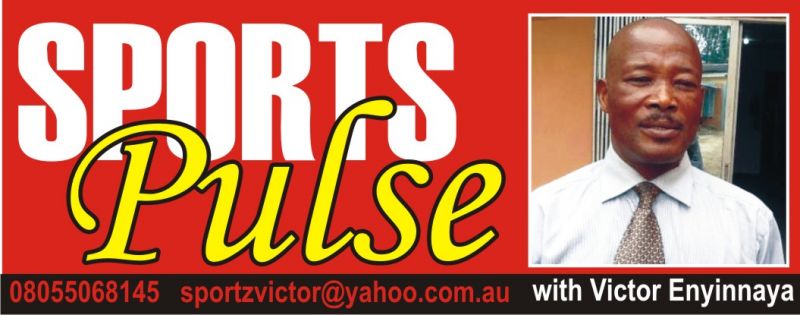 Gov. Abdullahi Ganduje’s solid footprints, commitment to sports development in Kano State (52,127 views)
Gov. Abdullahi Ganduje’s solid footprints, commitment to sports development in Kano State (52,127 views)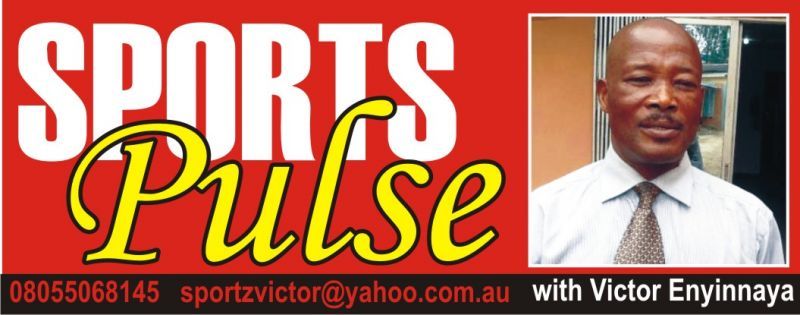 NFF Presidency: Pinnick, Maigari, Ogunjobi, Okoye in Battle for Supremacy (51,673 views)
NFF Presidency: Pinnick, Maigari, Ogunjobi, Okoye in Battle for Supremacy (51,673 views)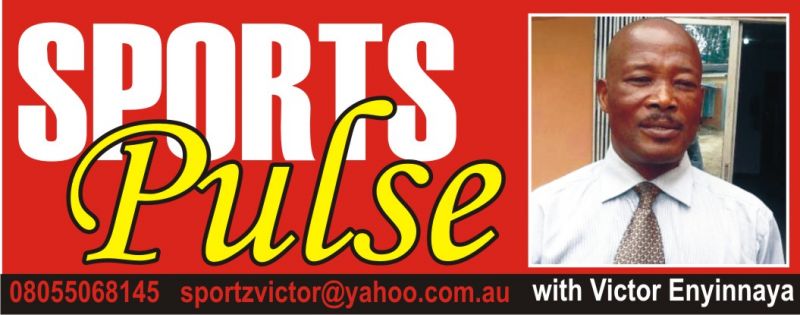 Olopade, BET9A wave of revolution in NNL (50,846 views)
Olopade, BET9A wave of revolution in NNL (50,846 views)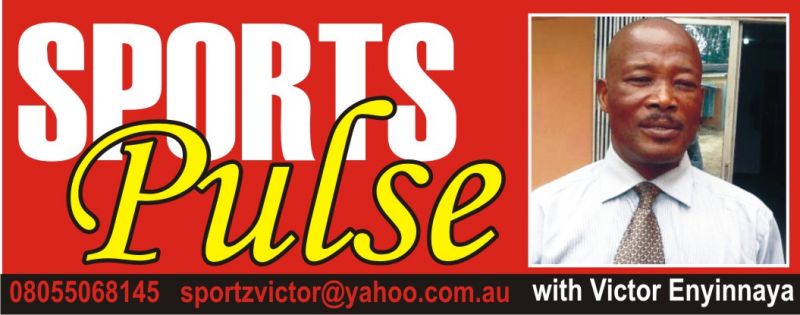 Commonwealth Games 2018: Shame of Muhammadu Buhari, Solomon Dalung (49,376 views)
Commonwealth Games 2018: Shame of Muhammadu Buhari, Solomon Dalung (49,376 views)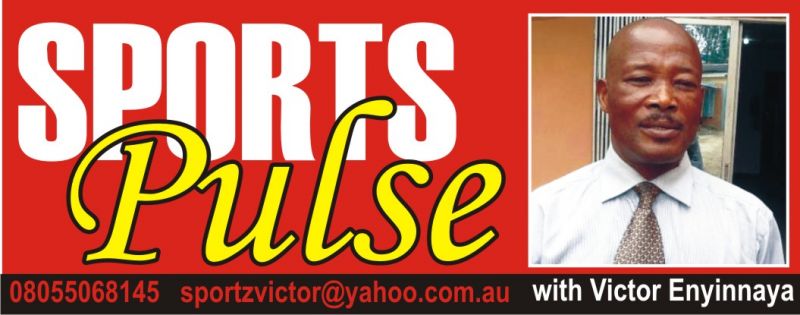 Ibrahimovic’s Man U exit: Whose decision is it? And in whose interest? (47,763 views)
Ibrahimovic’s Man U exit: Whose decision is it? And in whose interest? (47,763 views)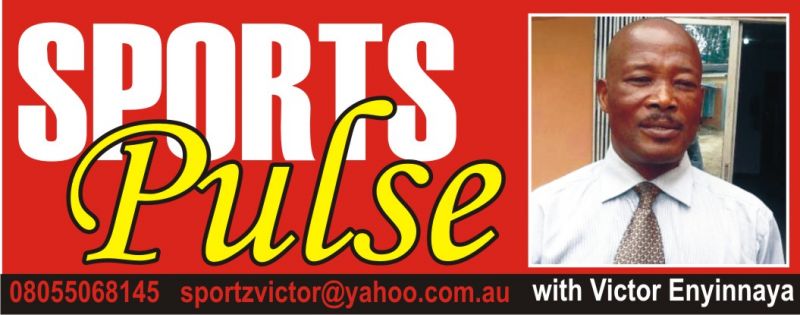 John Mikel Obi: Segun Odegbami’s Outrageous Call! (47,233 views)
John Mikel Obi: Segun Odegbami’s Outrageous Call! (47,233 views)